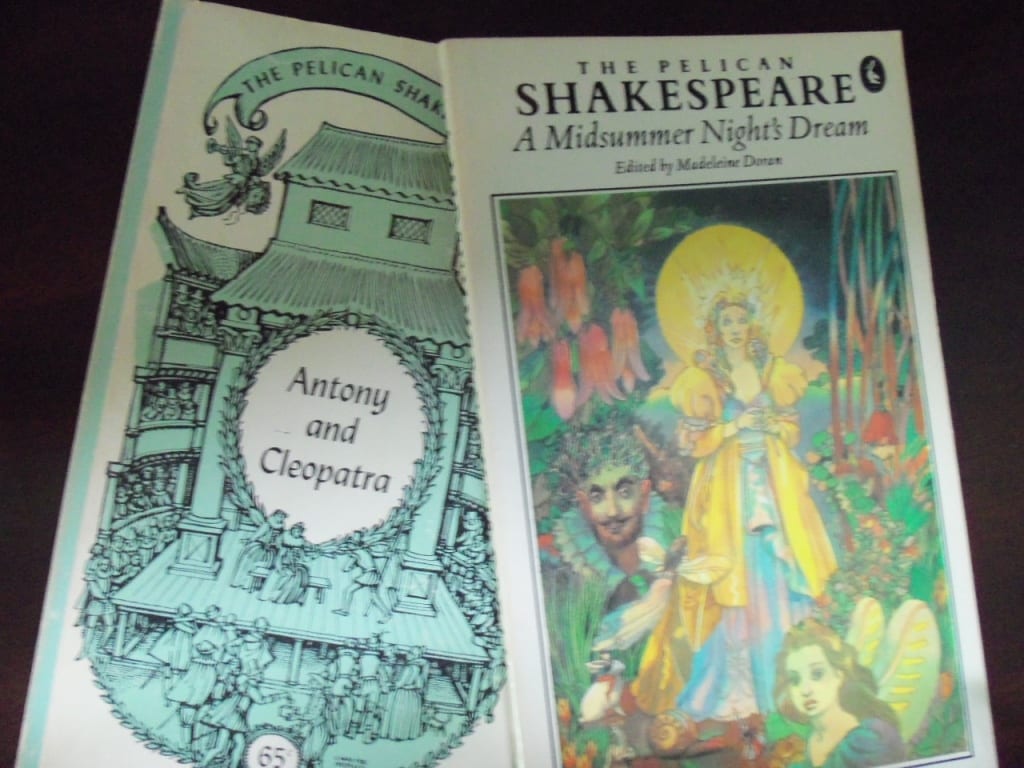 Last Saturday evening, the American Shakespeare Center hosted an event for annual pass holders – those of us who had seen ten or more of the past season’s shows. Co-founder and director Jim Warren spoke and answered questions.
Last Saturday evening, the American Shakespeare Center hosted an event for annual pass holders – those of us who had seen ten or more of the past season’s shows. Co-founder and director Jim Warren spoke and answered questions.
“I’ve seen Shakespeare performed many times and in different places,” one woman said. “What makes the shows at Blackfriar’s so understandable in comparison?”
“That’s a good question,” Warren said. “I think there are two reasons. One, our staging conditions engage the audience. By keeping the lights on, the actors see and interact with you – like they’re having a conversation.”
We nodded as Warren continued. “The second reason is that our actors memorize their lines before we start rehearsals. They also summarize their understanding of what they think they’re saying.”
I told this story to our pastor on Sunday morning, and he agreed. “When writing a message, which will be spoken, I often summarize the story behind the scripture so I know what I want to say.”
In her book, The Situation and the Story: The Art of Personal Narrative, Vivian Gornick wrote, “Every work of literature has both a situation and a story. The situation is the context or circumstance, sometimes the plot; the story is the emotional experience that preoccupies the writer: the insight, the wisdom, the thing one has come to say.”
When writing memoir, the situation usually gets defined early in the process. “I’m writing about my father; I’m writing about my mother; I’m writing about coming of age in the 60s; I’m writing about my twin sister; I’m writing about my best friend.” Of course, in memoir, the “I” is the main character, so the writer is really writing about him or herself.
And there’s the problem. The story – the insight, the wisdom, or the thing I have come to say – is not easily pinned down. Gornick gave examples of those who hit the nail on the head and those who wandered for several hundred beautifully written pages.
Last week in the memoir-in-a-year class at WriterHouse in Charlottesville, we explored a technique to find the ‘I’ story. “What does the ‘I’ want?” our teacher Sharon Harrigan asked.
“I want to win; I want to be loved; I want to find peace…”
Hamlet: I want to understand the meaning of my life.
Now there’s a Shakespearian story worth summarizing!



0 Comments